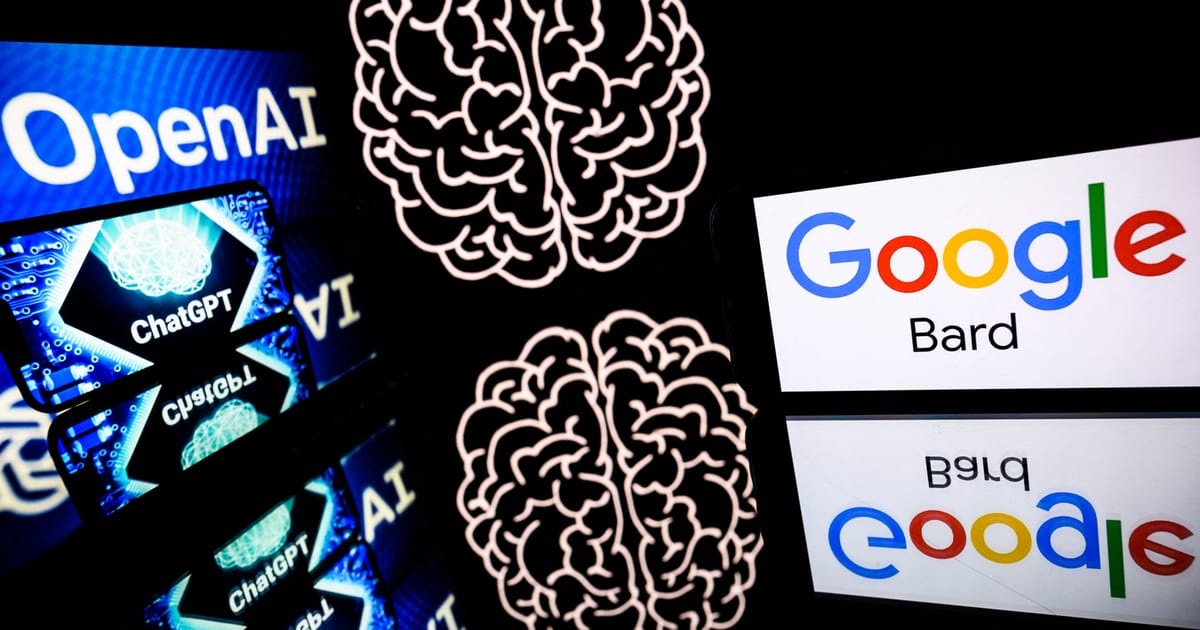OpenAI and Google Oppose UK’s AI Copyright Proposal

Proposed Changes to Copyright Law for AI Training
The UK government is considering modifications to copyright legislation that would allow artificial intelligence (AI) companies to use public content for training their models without needing permission from copyright holders. This would apply unless the copyright holders specifically choose to protect their rights by opting out of this arrangement.
Transparency and Implementation
The government’s proposal suggests that these changes would come along with stricter transparency measures for AI companies. This is intended to address some of the concerns raised regarding the implications of this new policy. Reports indicate that officials plan to release evaluations of technical solutions to help implement these conditions effectively, which could help alleviate pushback against the proposed approach.
Responses from Industry Leaders
In feedback to the government’s consultation, OpenAI pointed out challenges regarding the opt-out model, drawing from issues faced in other regions, such as the European Union. The company highlighted that opt-out systems encounter many practical problems and that transparency rules could lead developers to reduce their involvement in the market instead of fostering growth. OpenAI emphasized that the UK has a unique chance to enhance its position as the AI leader in Europe by creating a stable policy environment that promotes innovation and economic growth, advocating instead for a broad exemption from copyright restrictions for AI development.
Additionally, Google chimed in, suggesting that current copyright holders already have ways to control access to their material. They pointed out that website owners could prevent their content from being accessed by web crawlers, thereby controlling the data used for training AI models. However, Google’s response also noted that those who opt out of allowing their material to be utilized in AI training may not be entitled to financial compensation if their content still appears in an AI model’s training dataset.
Industry Perspectives on Copyright and AI
The discussions around copyright and AI raise critical questions about the balance between fostering innovation and respecting the rights of content creators. Many industry experts argue that clear and favorable regulations for AI companies can help stimulate growth and lead to technological advancements. At the same time, the concerns of rights holders must not be overlooked, as their contributions and creative outputs are essential to numerous industries, including media, art, and literature.
Potential Impacts on AI Development
Should the proposed changes take effect, AI companies could access a trove of public content, which could significantly enhance the training and capabilities of their models. This would potentially lead to the development of more sophisticated AI systems, benefiting various applications ranging from customer service automation to advanced research tools. However, without proper safeguards and recognition of creators’ rights, the modifications may lead to tensions between AI firms and content providers.
Summary of Key Points
- The UK government proposes changes to copyright law that would allow AI companies to utilize public content without permission unless rights holders opt out.
- This proposal includes greater transparency for AI firms.
- OpenAI and Google have expressed their concerns, highlighting challenges associated with opt-out models and the need for a balanced approach to copyright.
- The sector is navigating a complex landscape that requires dialogue between innovators and content creators to promote fair practices in AI development.
In summary, the proposed changes aim to create a conducive environment for AI innovation while highlighting the importance of protecting the rights of those whose content is used in developing these technologies.






